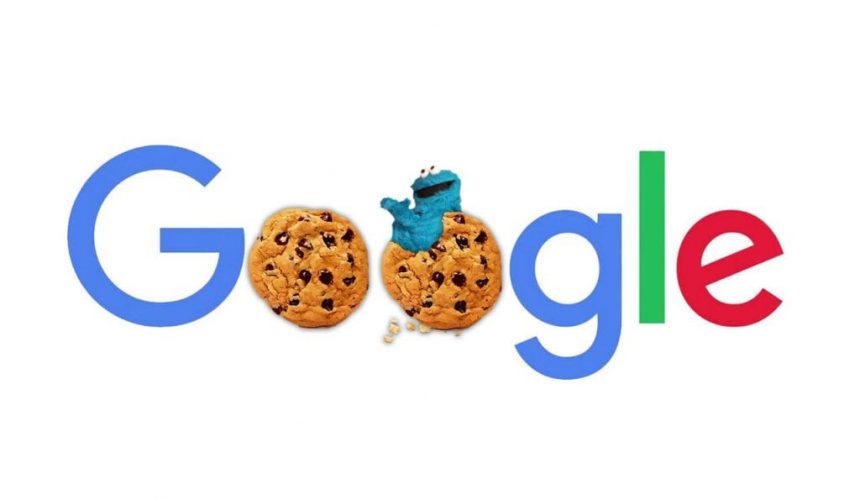By Zion Rufus
Earlier in March, Google announced its plans to phase out support for third-party cookies in Chrome within the next two years. What does this mean for digital marketers and advertisers?
For over two decades digital advertisers and marketers have heavily relied on the use of third-party cookies to track online users, target them with personalized advertisements, compile records of users’ browsing history, and build up a profile of their interests, preferences and habits. It has also been pivotal to the way marketers measured the impact of their campaigns.
According to a study by Pew Research Center 72% of people feel that almost all of what they do online is being tracked by advertisers, technology firms or other companies, and 81% say that the potential risks they face because of data collection outweigh the benefits.
In a published statement, Google stated: “People shouldn’t have to accept being tracked across the web in order to get the benefits of relevant advertising. And advertisers don’t need to track individual consumers across the web to get the performance benefits of digital advertising.”
As the world’s most popular and widely used search engine, Google has for long been considered an unmatched leader in online advertising. Fielding more than 3.5 billion search queries every single day, Google offers advertisers access to an unprecedented and unequaled potential audience of users who are actively looking for goods and services. The conversion tracking feature of Google Ads also uses cookies. To help marketers and advertisers track sales and other conversions from ads, campaigns, and free listings, it adds a cookie to a person’s computer when the person clicks an ad or a listing.
Although the elimination of these cookies will increase user privacy and security, it will also pose a big challenge for consumer tracking and ad serving firms, as marketers may no longer be able to track potential customers, retarget users, and even lose revenue as a result of the overall alteration.
Third-party cookies have continuously played an integral role in the digital advertising industry. The cookies store user data to help improve user experience on a website while tracking user-activity online and serving targeted ads. These hyper-targeted ads are very valuable, resulting in the creation of an ad industry whereby individual user data is proliferated across thousands of companies.
For a fact, cookies are a necessary part of the modern web, but they can also pose a considerable risk of invasion of privacy as well as a security risk to the websites that use them. So while Google will no longer support third-party cookies, the company disclosed they have been working with the broader industry on the Privacy Sandbox to build innovations that protect anonymity while still delivering results for advertisers and publishers.







Comment
No comments found.